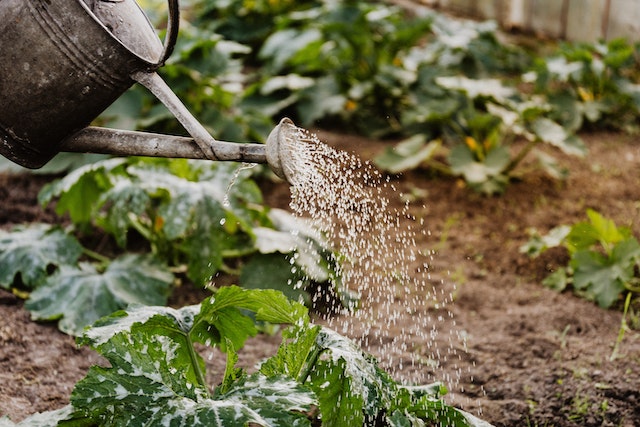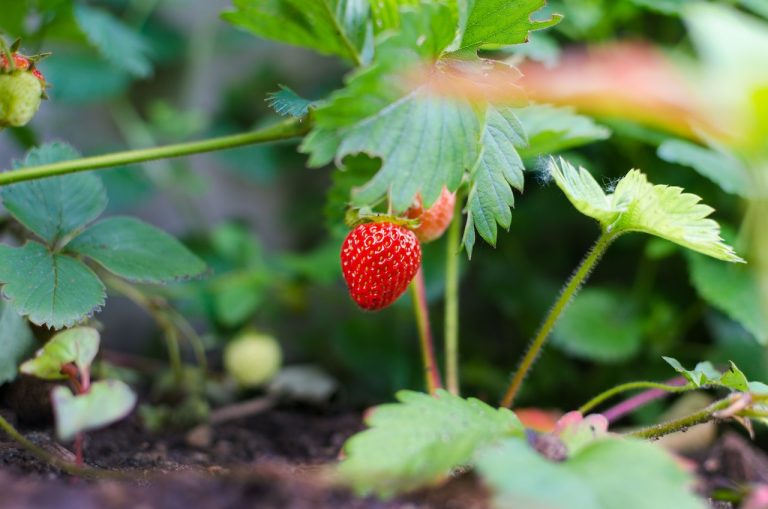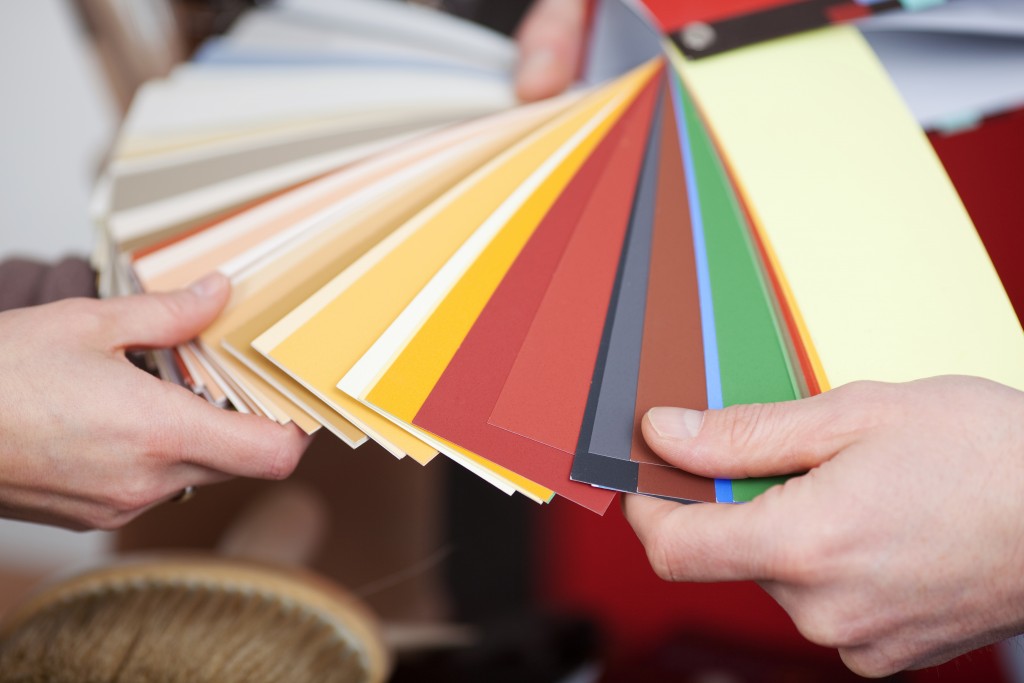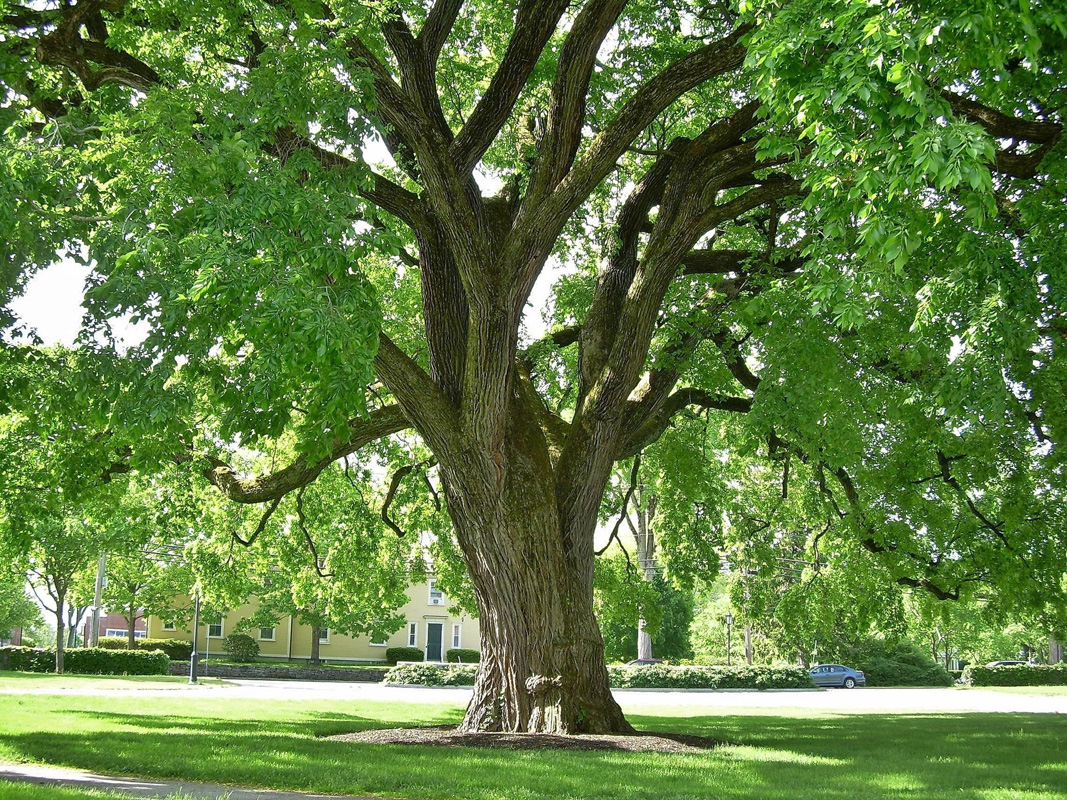Gardening is an enjoyable and rewarding activity but can also be daunting for beginners. From selecting the right plants to understanding how much water they need and when to prune them, there’s a lot of information to digest. But don’t worry—a few tips can help you grow a beautiful and healthy garden.
Whether you want to grow a vegetable garden or add some beautiful flowers to your home, these best gardening tips will help make your gardening experience successful.
1. Start small and achievable.
When starting a garden, it’s essential to begin with something manageable. Choose plants that are easy to take care of and can be grown in the space you have available. Starting small will give you a sense of accomplishment and prevent frustration.
An excellent way to start is by creating a few small raised beds in your garden and planting vegetables or flowers that are easy to take care of. You can also start with a container garden, perfect for small spaces. Especially if this is your first garden, try to keep it simple at the beginning.
2. Do your research.
It’s essential to research the plants you want to grow. Different plants have different needs, so make sure you understand how much light, water, and fertilizer each type needs. Most edible plants, such as vegetables, require different levels of nutrients compared to ornamental flowers. Researching and understanding your garden’s needs beforehand will help ensure that you don’t accidentally kill plants.
It’s also helpful to research recommended plants suitable for your climate and region. For example, choosing heat-tolerant plants in warm temperatures and cold-resistant plants in cooler areas will ensure that your plants thrive. If you’re unsure of the best plants, seek advice from your local garden center or nursery.
3. Choose the right soil.
You cannot have a successful garden without having quality soil. Find the type of soil suitable for the plants you want to grow and buy or make it ahead of time. For example, combine compost, peat moss, and topsoil if you’re growing vegetables. If you are planting seeds, try to use potting soil that is light and fluffy so they can germinate easily.
You’ll also want to ensure that your soil is well-drained and has the right pH level for the growing plants. If there are any issues, amend the soil with additives to make it more suitable for your plants. Some additives you can use include lime, sulfur, and gypsum. If unsure, consult an expert who can execute a soil test and recommend the right soil for your garden.
4. Plant in the right location.
Another important factor to consider when gardening is the location of your plants. Make sure you are planting your plants in a sunny spot and at the proper depth. Some plants require full sun, while others prefer partial shade. Don’t be afraid to experiment with different locations and determine which works best for your particular plant.
When it comes to depth, you’ll want to ensure that plant roots are buried far enough that they won’t dry out but not too deep that they can be damaged. For example, plants that grow into trees should be planted deeper than those that grow in flower beds. Planting fruit trees at least a foot below the surface would be best. It’s best to consult a gardening guide or expert to ensure you are planting specific plants at the right depth.
5. Water regularly and consistently.
Watering your garden correctly is essential for its success. Make sure that you are watering regularly and consistently. Avoid over-watering, as this can drown your plants and cause root rot. An excellent way to tell is by using a moisture meter or checking the soil for dryness.
You should also pay attention to how much water you are using. Consider using a drip irrigation system or soaker hose to save water and ensure your plants get the moisture they need. You can also use mulch or compost to help retain moisture and keep your plants hydrated. Finally, ensure you water in the morning when it’s cooler, and the sun isn’t as intense. This will help prevent plants from drying out in the day’s heat.
6. Fertilize your plants.
You want to feed plants regularly throughout the season to help them grow healthy and strong. Make sure you are using a fertilizer suitable for the type of plants you’re growing, and follow the instructions on the packaging. It’s also important to know when and how often you should fertilize. Some plants may require fertilizing more often than others.
You can also use organic fertilizers, as they are better for the environment and will not harm your plants. A good organic fertilizer to use is compost. Compost helps to improve the soil’s structure, increase nutrient levels, and retain water. You can also use compost tea made from decomposing organic material to feed your garden, especially young plants.
7. Prune consistently and correctly.
Pruning your plants is a crucial part of garden maintenance. Regularly pruning will help promote healthy growth and keep your plants looking their best. Make sure to prune your plants during the appropriate season, as you should not prune some plants in the heat of summer or the cold of winter.
When pruning, ensure that you are using the proper tools and techniques. Using sharp scissors or a pruner will help you finish the job quickly and effectively. Be sure to remove dead or damaged branches, as well as any growth that is crowding other plants. Finally, ensure you are pruning your plants correctly so they will look their best. Check a gardening guide for the correct way to prune specific plants.
8. Know when to harvest.
Plants harvested at the right time can be incredibly delicious and nutritious. Knowing when to harvest your vegetables or fruits is essential for gardening success. Different plants take different amounts of time to reach maturity, so check the instructions on the seed packet or research online.
You’ll generally want to wait until the fruit or vegetable’s peak ripeness. If you pick the produce too early, it won’t have a chance to reach its full flavor or maturity. You can also check the color of certain fruits and vegetables to determine when they are ready to be picked, such as ripe tomatoes or orange melons.
9. Practice crop rotation.
Crop rotation is an integral part of organic gardening and helps to keep your soil nutrient-rich and balanced. This is done by rotating the crops you are growing each season. For example, if you have vegetable plants in one area of your garden, you should switch them out with a different type of vegetable the following year. This helps to prevent disease and pests from ruining your plants and keeps the soil healthy and balanced.
If you’re growing flowers, consider planting different plants in the same area each year. This will help keep the soil healthy and prevent it from depleting nutrients. Crop rotation also helps to keep your garden looking fresh and new each season.
10. Protect your plants from pests.
Pests are one of the biggest problems that gardeners face. To prevent pests from destroying your plants, inspect your garden regularly and identify any potential problems. If you notice signs of pests, try to remove them manually or use an insecticide if necessary.
You can also take preventative measures by planting certain plants that naturally repel pests, such as marigolds or lavender. If your garden is prone to invasive pests, consider using physical barriers such as row covers or nets to help keep pests away. Finally, remove any dead plants and debris, which can attract pests.
11. Pay attention to the changing seasons.
Not all plants need to be tended to throughout the year. Different seasons bring different conditions and needs for your plants, so make sure you pay attention and adjust accordingly. For one, you want to know your area’s average spring frost date, as some plants can’t tolerate cold temperatures. You also want to know the average fall frost date for your area to help you decide when to harvest certain vegetables, such as tomatoes and squash.
Additionally, you’ll want to adjust your watering, fertilizing, and pruning schedules to match the seasons. For example, you should water more frequently during summer and less in winter. You should also fertilize more during spring and summer and decrease the amount in fall and winter. For more information, check out our blog on winter care tips for home garden.
12. Add mulch to your garden beds.
Mulch is an excellent way to keep your plants healthy and the soil in good condition. It helps to retain moisture, prevent weeds from growing, and keep the soil temperature even. Make sure to use organic mulch, such as bark chips or straw, and replace it every season. Applying mulch to your garden beds can also help to prevent soil erosion and add nutrients to the soil.
13. Invest in some basic gardening tools.
Even if you’re just starting, it’s worth investing in basic gardening tools. This includes a shovel or trowel, pruning shears, a hoe, and gloves. Having the right tools will make gardening more accessible and enjoyable. However, it is essential to clean the gardening tools correctly and safely.
You may also want to invest in additional tools, such as a garden hose, a lawn mower, or a rake. These tools will help keep your garden tidy and make it easier to maintain. Additionally, you may want to consider investing in a wheelbarrow or cart to make it easier to move heavy items around your garden.
14. Control weeds.
Weeds can wreak havoc in your garden if you don’t keep them under control. Make sure to pull out weeds as soon as you notice them, and use tools such as a hoe or rake to remove them. You can also use mulch around your plants to prevent weeds from growing.
Using an herbicide may be necessary if you’re having difficulty with stubborn weeds. Make sure to use an herbicide safe for your plants and the environment. Additionally, you can try some natural methods, such as pouring boiling water or using vinegar on weeds to kill them.
15. Have fun and enjoy the process!
Gardening is about enjoying the process and appreciating the fruits of your labor. There’s nothing more rewarding than tending to a beautiful garden and watching it come alive. Don’t be discouraged even if you make a mistake and a plant dies. Gardening is a learning experience; you will improve with time and practice.
Gardening is a wonderful hobby that comes with many rewards. By following these tips and doing your research, you’ll be well on your way to creating a beautiful garden that will bring you joy for years to come. With patience, dedication, and the right knowledge, you’ll soon be able to reap the rewards of all your hard work!






